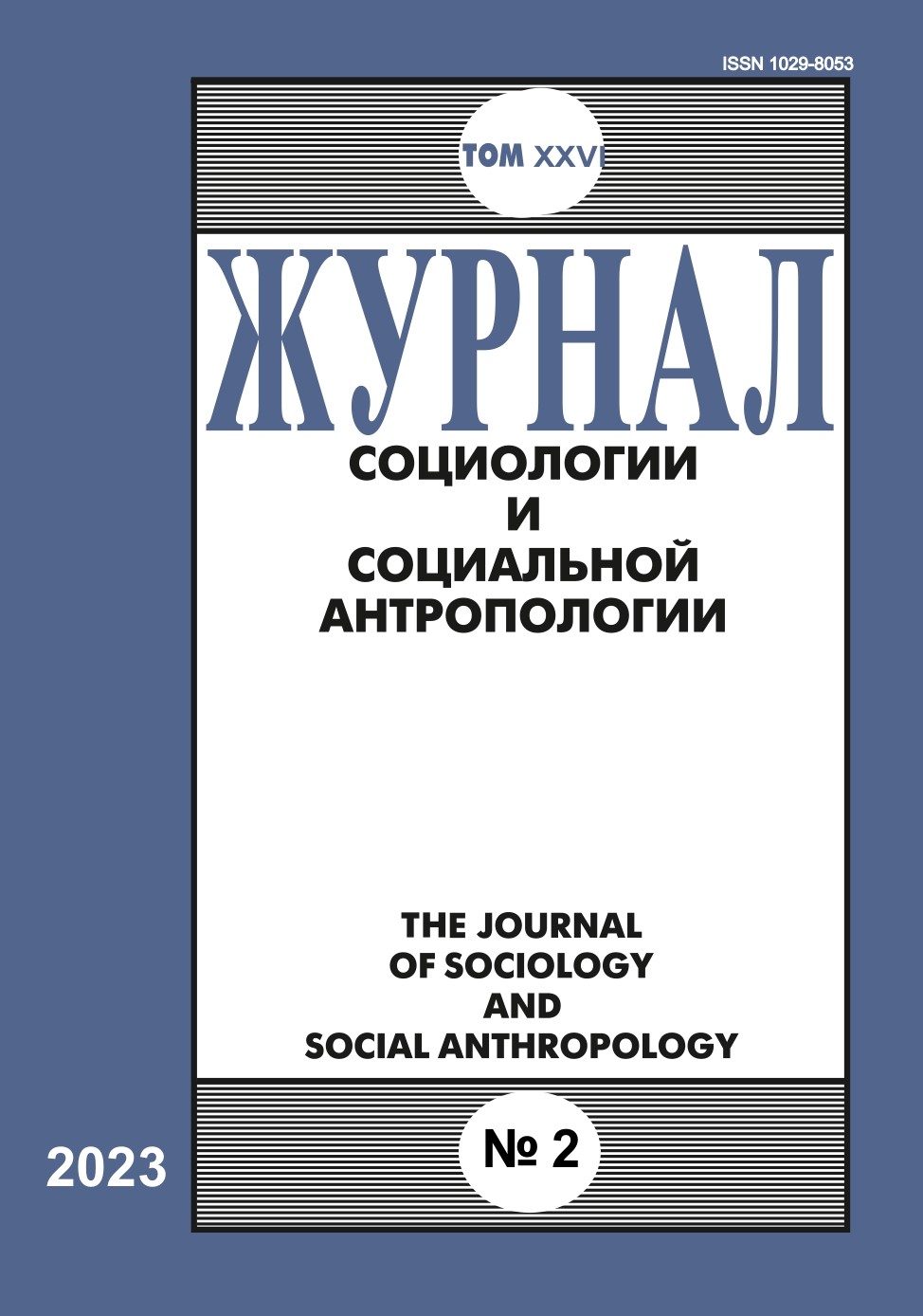Modern Russian tutor: professional portrait, incentives and activity strategies
Abstract
The article presents a portrait of a Russian tutor, showing incentives for professional activities. The source of information was data on tutors posted on the online platform «Association of Tutors of Russia», as well as the results of a survey of tutors registered on the «TUTOR.RU» and «TutorOnline» platforms. It was revealed that the average Russian tutor is a woman who has been providing tutoring services for 11 years, has a qualification corresponding to the disciplines taught, and the status of a private teacher, for whom this activity is the main occupation. The Russian tutor is ready to work both in person and remotely, selling his services at a price of 926 rubles per hour. Almost all tutors work with schoolchildren as part of the school course, but their main specialization is preparation for passing the Unified State Examination and the General State Examination. For most tutors, tutoring is a way to make money and a survival strategy. That is why they consider additional classes with students to be their main job, but providing them with low earnings, and the main incentives for tutoring are the opportunity to increase their income, autonomy and flexibility of work. The authors have identified groups of modern tutors by the nature of tutoring and proposed strategies for their behavior.
References
Абалкина И., Белова Ю., Зиньковский К., Латыпова Е., Милованов А. (2022). Есть ли у педагогов альтернатива репетиторству для увеличения доходов? Вопросы образования, 4: 8–32.
Балакина Т.П. (2012) Экономика репетиторства: мотивы, стимулы, модели. Экономика образования, 2: 115а–122.
Груздева М.Л., Бокарюкина У.М., Булганина А.Е. (2020) Исследование отношения школьников Нижнего Новгорода к использованию услуг репетиторов. Образование и проблемы развития общества, 3(12): 121–127.
Кашурников С.Н., Кириллов А.А. (2019) Репетиторство в России: статус, значение, проблемы. Теория и практика общественного развития, 4: 79–84.
Макеев П.А. (2019) Репетиторство в России: описание явления на основе онлайн-платформ. Журнал институциональных исследований, 11(4): 106–120.
Макеев П.А. (2020) Репетиторство в России: нельзя увидеть, но можно услышать. Журнал социологии и социальной антропологии, 23(3): 100–121.
Наумова А.А. (2018) Портрет современного репетитора в оценках обучающихся и их родителей: региональный анализ. Вестник Сургутского государственного педагогического университета, 5(56): 8.
Радаев В.В. (2022). Экспансия платформ как вызов социологии. Социологические исследования, 12: 15–28.
Чеснокова Л.В., Барсукова О.С. (2021) Репетиторство как социально-образовательный феномен. Инновационное образование и экономика, 25: 16–21.
Шевчук А.В. (2020). От фабрики к платформе: автономия и контроль в цифровой экономике. Социология власти, 32(1): 30–54.
Baker D.P., LeTendre G.K. (2005) National differences, global similarities: World culture and the future of schooling. Stanford: Stanford University Press.
Buchmann C., Condron D.J., Roscigno V.J. (2010) Shadow Education, American Style: Test Preparation, the SAT and College Enrollment. Social Forces, 89(2): 435–461.
Byun S., Chung H., Baker D. (2018) Global patterns of the use of shadow education: Student, family, and national influences. Research in the Sociology of Education, 20: 71–105.
Kobakhidze M.N. (2018) Teachers as Tutors: Shadow Education Dynamics in Georgia. CERC Studies in Comparative Education book series, 34: 113–143.
Loyalka P., Zakharov A. (2016) Does shadow education help students prepare for college? Evidence from Russia. International Journal of Educational Development, 49: 22–30.
Mori I., Baker D. (2010) The origin of universal shadow education: What the supplemental education phenomenon tells us about the postmodern institution of education. Asia Pacific Education Review, 11(1): 36–48.
Stastny V., Chval M., Walterova E. (2021) An ordinary moonlighting activity? Determinants of the provision of private tutoring by Czech schoolteachers. International Journal of Educational Development, 81: 102–351.
Stevenson D.L., Baker D.P. (1992) Shadow education and allocation in formal schooling: transition to university in Japan. American Journal of Sociology, 97(6): 1639–1657.
Suter L.E. (2016) Outside school time: An examination of science achievement and non-cognitive characteristics of 15-year olds in several countries. International Journal of Science Education, 38(4): 663– 687.
Tansel A., Bircan F. (2008) Private supplementary tutoring in Turkey: Recent evidence on its various aspects. IZA Discussion. Bonn: Institute for the Study of Labor (IZA).
Werbinska D. et al. (2019) English language teachers’ conceptualizations of one-to-one private tutoring: An international phenomenographic study. Uniwersytet im. Adama Mickiewicza w Poznaniu. Glottodidactica, 46: 175–196.
Yung K.W.H., Bray M. (2017). Shadow education: Features, expansion and implications. In Tse T.K.C., Lee M. (eds). Making sense of education in post-handover Hong Kong: Achievements and challenges. L.: Routledge: 95–111.
Zhang W., Bray M. (2015) Comparative research on shadow education: Achievements, challenges, and the agenda ahead. European Journal of Education, 55(3): 322–341.

